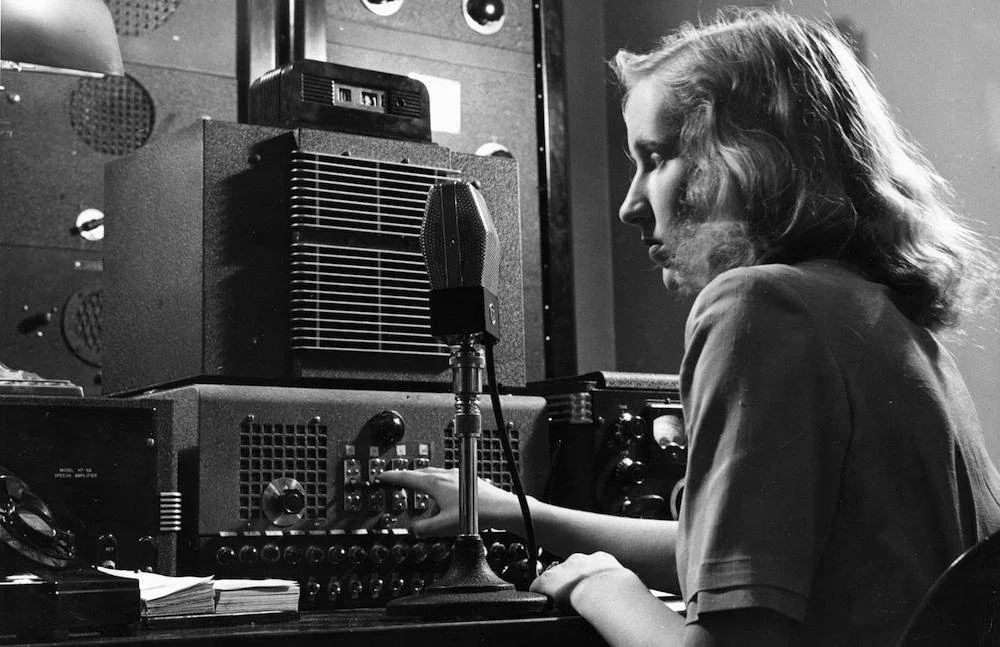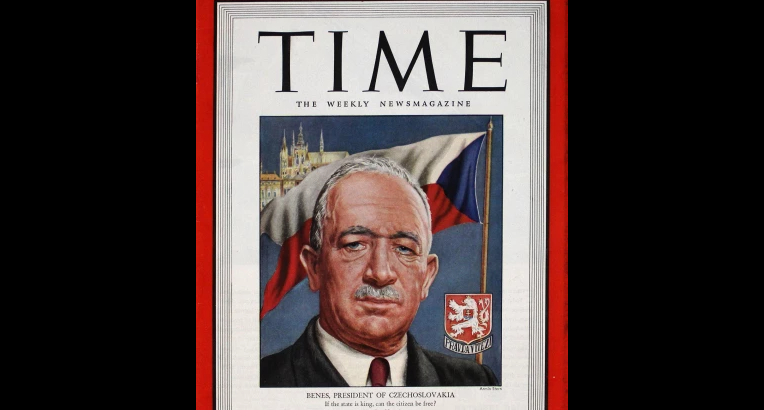Radio and its revolutionary effect were felt in Czechoslovakia just as it was in the rest of the world. It began with the first broadcasts, occurring before World War I, into the first Czech-produced program in late 1919. Of course, as radio technology progressed and advanced, its use as a medium for propaganda grew more and more robust. Despite its use in propaganda, radio also served as a tool to disseminate important information about the nation and the world at-large.
Czech Beer : A Brief History
From the Brevnov Monastery to the modern-day Pilsner, the Czech people have been enjoying beer for over a thousand years. Known as the beer of tradition, Czech beer is ingrained into history itself. When beermaking was banned. the Brenov Monastery, as the first-ever Bohemian brewery, was exempt. Initially, after the ban on brewing ended, only noble families or homeowners were allowed to brew beer. It was in 1842 that the famous Pilsner was created.
Edvard Beneš (28 May 1884 - 3 September 1948)
Edvard Beneš was born in Kozlany, Bohemia during the Austro-Hungarian Empire’s rule, but by October 14, 1918, he lived in a different nation, as the empire collapsed in place of the then-new Czechoslovakia. He served as the council chairman for the League of Nations to support the balance of powers in Eastern Europe, creating the “Little Entente.” Eventually, Beneš would succeed Masaryk as the Czechoslovakian president, faced with the threat of Germany, and the rest is history.
Frantiska Plaminkova
Františka Plamínková, founder of the National Council of Women, was a trailblazer in feminism and women's rights. Her fight for women's suffrage and self-personhood was a long one, beginning in 1903 with the Czech Women's Club. Sadly, she was one of many executed by the Nazis in retaliation to Reinhard Heydrich's assassination. Milada Horakova continued Plamínková's work.








